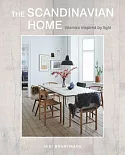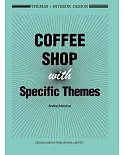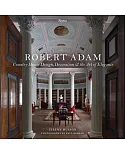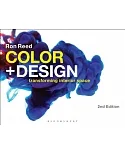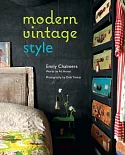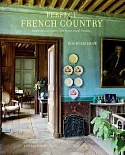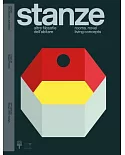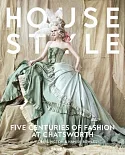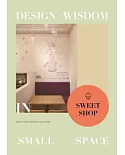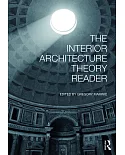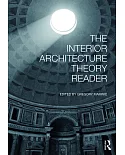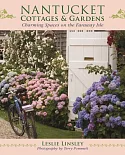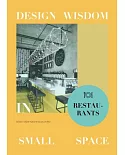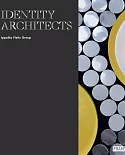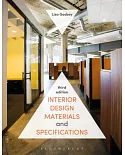“Beauty meets quality of life.” This is the mantra David Kleinberg adopted from his sixteen-year tenure at the venerable design firm Parish-Hadley, and it is the mantra that guided his own
firm, David Kleinberg Design Associates, in its rise to the top of the interior design hierarchy. In Traditional Now, the first book on his work, he demonstrates the meaning of those
words in more than twenty projects.
Kleinberg’s body of work is wide-ranging in style yet always modern in sensibility; each residence is calibrated to its occupants’ needs and tastes. A curated mix of antiques, fabrics,
textures, finishes, art, and objects is key to the striking rooms he develops. Kleinberg explains his approach in thoughtful commentary on each project, addressing larger questions of interior
design—where do you start? how is the color palette determined? what is the furniture plan? how do you select antique pieces?—thoughtfully and informatively. And he offers a wealth of insider
information gleaned from his long career:
In every apartment or house there should be a cohesive thread that starts at the front door and continues to the back hall. It is the design equivalent of a trail of bread crumbs . . .
People always worry about mixing antiques with reproductions. The key is to respect the scale of the antiques . . . In decorating, most people associate texture only with fabric; in fact, all
materials have texture.
Among the projects showcased in Traditional Now are a series of luxurious New York apartments and townhouses—a Fifth Avenue duplex centered on a stunning ivory stair hall, an East Side
townhouse featuring a collection of postwar art, a dramatic Tribeca duplex—as well as houses in Connecticut, Long Island, and Florida and an island villa on Mustique. The introduction presents
Kleinberg’s course as a designer, starting with a summer job at Denning & Fourcade and progressing though his tenure at Parish-Hadley. Finally, Kleinberg opens the doors to his own
residences, from a 250-square-foot homage to 1970s industrial chic to his current apartment in a refined prewar building, a representation of the design of his past and the design of his
future.


